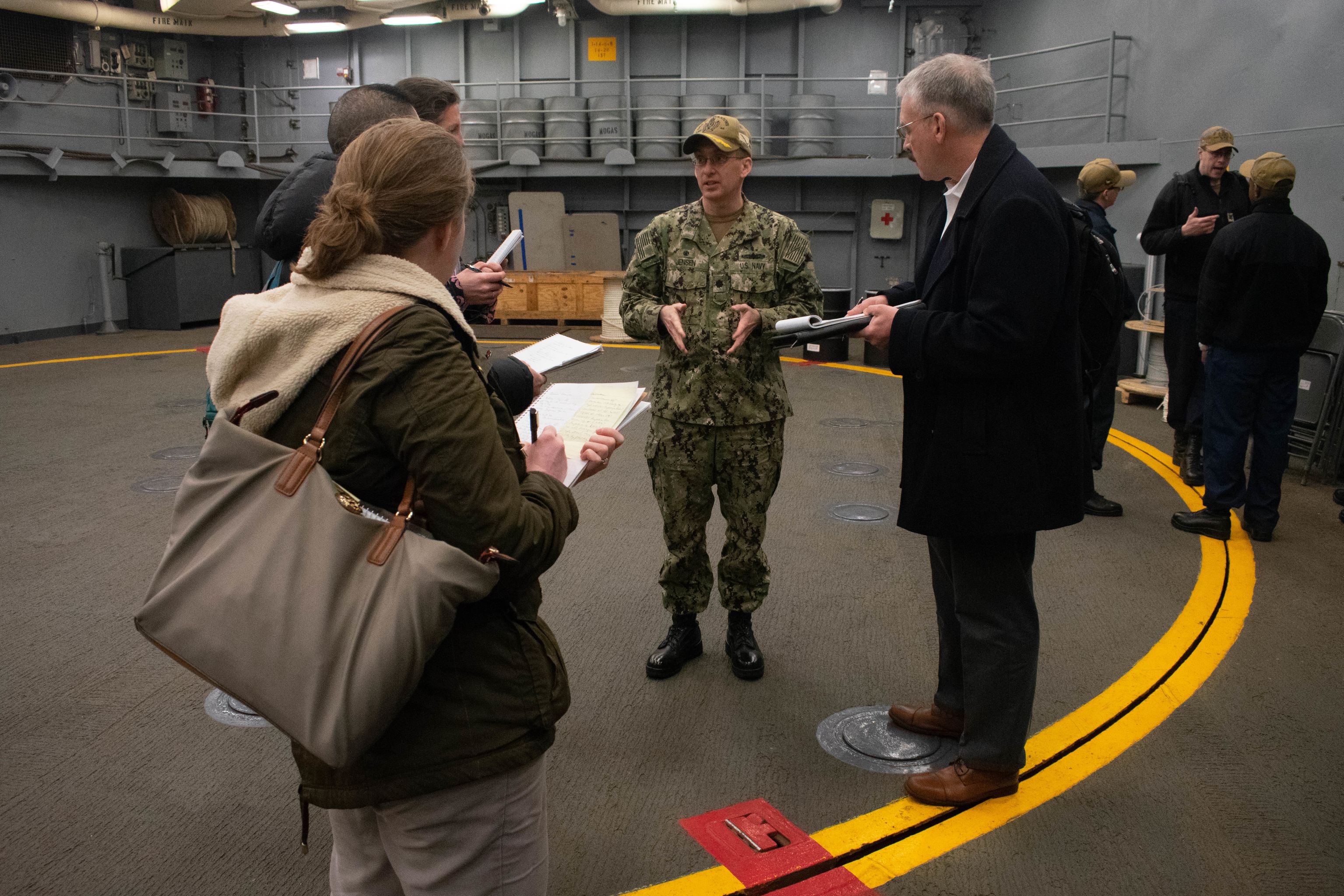A Government Accountability Office (GAO) report reveals that while U.S. special operations forces are trained in a wide range of languages, they often learn languages that are not useful in their deployments, and their language skills deteriorate over time due to other training priorities. The report highlights the need for reassessment of language training relevance and sustainment practices within special operations forces, as current practices do not always align with operational needs and cultural sensitivities.
Key Points:
- The GAO report indicates that special operations forces are learning languages that are not always practical for their missions, with some languages being culturally inappropriate in certain regions.
- Special operators are struggling to maintain language proficiency amidst competing training priorities, which focus more on immediate survival and combat skills.
- Despite the Army spending over $30 million annually on language training, less than half of the special operations forces maintain their language skills due to insufficient sustainment training and a lack of clear consequences for not completing language training.
- SOCOM recommends 80 to 120 hours of annual language training to maintain proficiency, but actual training hours are falling short, with many service members not meeting these recommendations.
- There are calls for the Secretary of Defense to hold unit commanders accountable for the language proficiency of their personnel, recognizing the strategic value of language skills for effective communication and cultural understanding in operations abroad.
Source: https://taskandpurpose.com/history/special-forces-language-gao-report/






